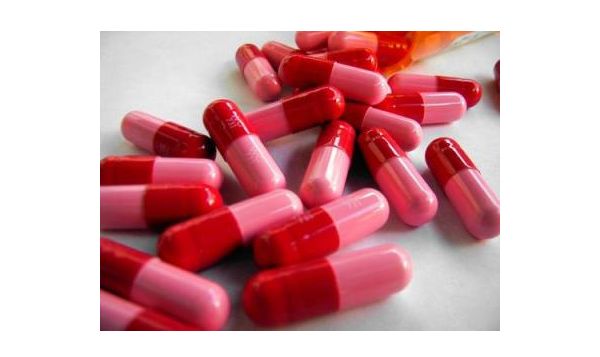
The Chronic inflammatory disorders observed in bowels having the characteristic features of periodical flareups in aggressive form is termed as Inflammatory bowel disease (IBD). This disease is characterized by mild remission of the symptomatic or asymptomatic conditions. Ulcerative colitis and Crohn’s disease are the two types of inflammatory bowel disease. The inflammmatory bowel disease is a very difficult condition to be treated by either medical or surgical procedures. These procedures can only aid in reducing the severity of symptoms at the time of active flareups. The medicine and surgery can only decrease the flareups that occur very often. The use of medicines and surgery for the treatment of IBD has to be accompanied by following certain dietary measures as well as changes in the daily life style habits. But, it has been observed that changes done in diet might not bring major benefits in treating inflammatory bowel disease.
The treatment with medicines can be done based on the clinical manifestations of the disease. The acute form of flareups can be treated using medicines by looking at the symptoms. But, this can be followed in only mild and moderate phases and not in severe phases.
A. Symptomatic treatment
Based on the clinical manifestations of the disease symptomatic treatment can be done by using certain drugs like antidiarrheals, antispasmodics and pain relievers.
The antidiarrheals that are used for the treatment of inflammatory bowel disease are combination of dipheoxylate and atropine for managing the diarrhea, loperamide, decreasing the movements of the bowel, and decreasing the urgency of bowel movements. The mild state of diarrhea can also be treated using psyllium powder and methyl cellulose. The cramps in the intestines can be reduced by using medicines like dicyclomine which is classified as antispasmodic.
Some medicines such as acetaminophen can act as pain killers which bring relief to the mild pain. The usage of ibuprofen, narcotics and aspirin were avoided to be used as pain killers on the long term basis.
B. Treatment using medicines
The intensity and frequency of the flareups in the disease are reduced by using long term management techniques. This technique involves step wise approach in giving treatment. The next step is followed if the first step fails to answer the previous therapy.
Step1: Aminosalicylates
The various aminosalicylates that are used for treating inflammations are 5-aminosalicylic acid, Sulfasalazine, Mesalamine, Balsalazide and Olsalazine. These drugs are found to be effective against both ulcerative colitis and Crohn’s disease. They are known to avoid the relapse of the disease after surgery in the case of Crohn’s disease. These drugs are applied both in oral mode and through rectum.
Antibiotics
The antibiotics that are used for treating Crohn’s disease might result in causing ulcerative colitis and so they are used very rarely in treating ulcerative colitis before surgery. The antibiotics used are Metronidazole and Ciprofloxacin.
Step 2: Corticosteroids
These medications have anti inflammatory action on acute flareups and they are not used for long period due to severe side effects caused by it. The corticosteroids are used for triggering remission and not to keep up the remission. Sometimes, the patients will face exacerbation prior to cessation of these drugs when the remission has not taken place still. These drugs are administered orally, or by intravenous and topical modes.
Step3: TNF Inhibitors and Immune modifiers
The drugs called as immune modifiers are used to deactivate the immune system and thereby reducing the inflammation. The count of the white blood cells is regulated by these drugs. These medications will trigger the remission as well as keep up the remission for long time. These medications are used in place of corticosteroids when corticosteroids are not used for maintaining remission. These class of drugs include azathriopine and 6-mercaptopurine.
The TNF inhibitors also can antagonize the immune system by neutralizing the TNF that is released by the white blood cells. The factor TNF results in damage of the tissue. These medications are found to be more effective than immune modifiers as the latter can show side effects. The drugs belonging to this class are Infliximab, Adalimumab, natalizumab and certolizumab pegol.
C. Surgical procedures
If medical treatment fails, then the surgical procedures will be used for treating ulcerative colitis. The surgical procedures that are used for treating ulcerative colitis and Crohn’s disease are proctocolectomy, ileostomy, colectomy and ileoanal pouch. The rate of recurrence of the disease after surgery is about 50 percent.




